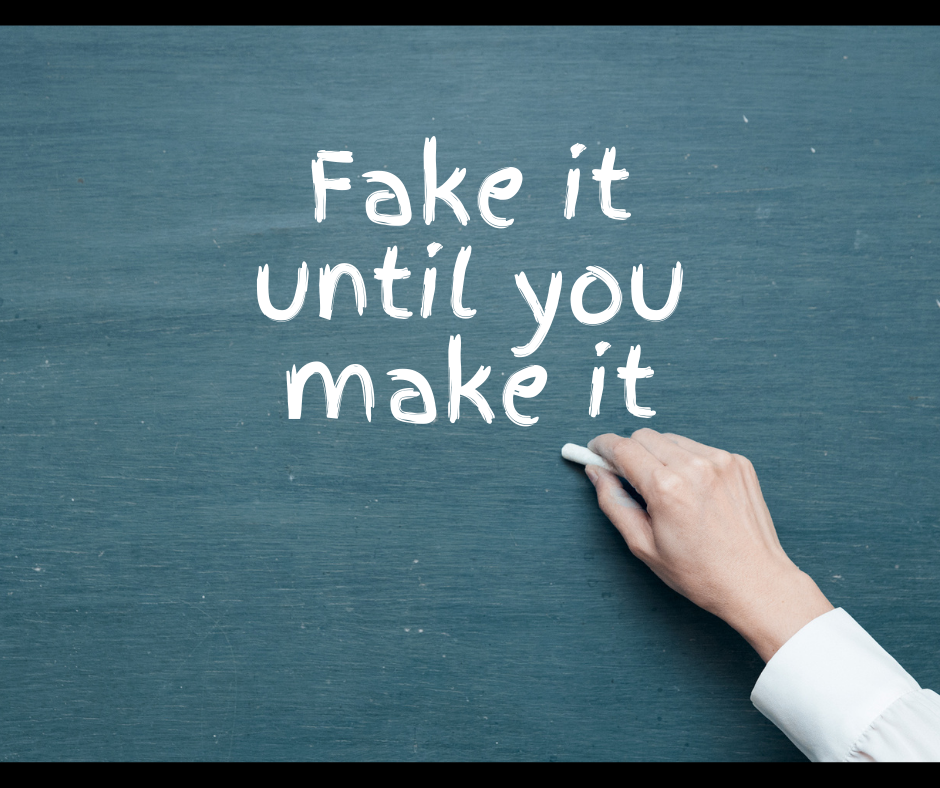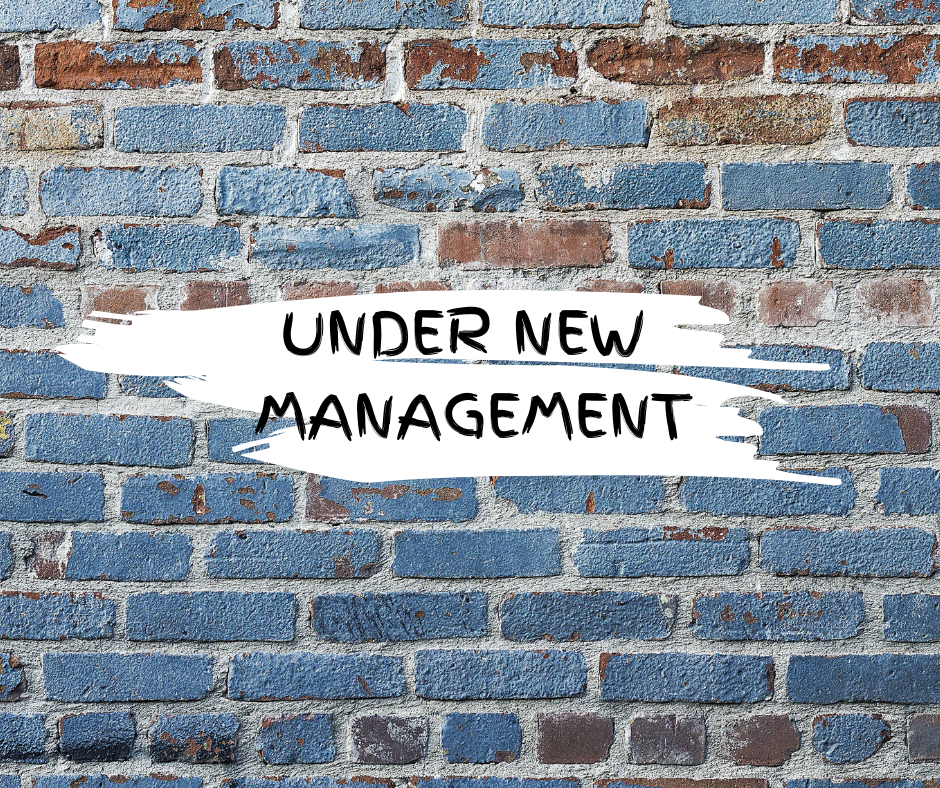
https://www.renaldi.com/touching-strangers/#2
Most public engagement activities start with a context of strangeness. Not strange in the sense of being weird or peculiar but strange as in different or unknown. Stakeholders are typically strangers to us as facilitators as well as to each other, despite potentially having some shared interests. Engendering empathy and trust can be tricky when people don’t know each other and may be suspicious of conflicting agendas. How to overcome this strangeness offers a challenge for facilitators seeking to bring disparate parties together and ensure that all voices are heard.
Photographer, Richard Rinaldi’s, slightly surprising advice might be to ‘fake it until you make it’. Richard’s project, Touching Strangers, beautifully demonstrates how bringing together people with no prior connection can effectively engender empathy and concern between strangers with no obvious common interests. The resulting ‘family’ portraits are fascinating and tender but perhaps more astonishing is the change in the participants’ perceptions of each other.
“It was sort of awkward and but then sort of not” is the way Margaret described the experience. Her photograph appears to represent an intimate portrait of a fiercely protective mother in the embrace of her devoted daughters, Hunter and Abigail. They’d never met before but there is no hint or suggestion that this is merely three strangers faking it for effect. Reflecting on how the experience has changed her, Margaret concludes that “we’re probably missing so much about the people all around us”; a good lesson for all of us seeking to empathetically engage with strangers.
Poetry teacher, Brian, describes a more remarkable change in response to his experience of being photographed with 95-year-old retired fashion designer, Reiko. It’s evident that his reaction was a surprise to him too when he explains “I felt like I cared for her”. Caring for others’ experiences in the realm of public engagement is an excellent premise from which to start building relationships.
As professionals seeking to facilitate connections between stakeholders, ‘faking’ trust and kindness and encouraging people to give each other the benefit of the doubt could be a good way to get the rapport ball rolling. Approaching each conversation with sensitivity curiosity might allow us to ‘make’ that rapport into something real and meaningful.






